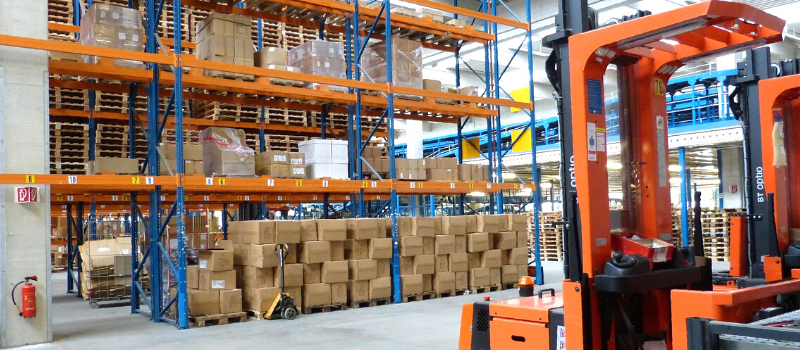
Employee Retention Credit (ERC) is a tax credit for companies that have retained employees on payroll during COVID times. COVID has affected businesses across the globe in several different ways. Of those, supply chain disruption is one of the most common factors that made it hard for businesses to operate at their full capacity.
Supply chain disruptions mean that the needs of the business customer can change without notice, which may have a negative impact on the ability to achieve goals. The harsh reality is that supply chain disruptions will not all happen at the same time, so companies need to prepare ahead in order to deal with them appropriately. However, the outbreak of COVID was not seen forefront, and hence, businesses were not prepared to deal with it until the severity was already at an extreme level. However, your business can qualify for ERC if its operation has been affected due to supply chain disruptions.
What are the Key Impacts of Supply Chain Disruptions on Businesses?
- Excess safety stocks add up
Supply chain disruptions can cause a business to have excess inventory and a limited cash flow, which can delay payments and result in penalties. It also takes away time from managing the company, such as the time that should be spent on new product development and sales and marketing.
- Lack of materials leads to business shutdown
The inability to access materials can force a business to shut down its operations. This can harm the reputation of your business, as well as lead to extended time in getting back on track. A business experiencing supply chain disruptions will have trouble meeting its contractual obligations, as this can lead to penalties and delayed payments from customers.
- Operational waste leads to inefficiency and delays
Inadequate planning and poor coordination in the company can result in delays, which in turn make the business unproductive. If a business has to pay more for raw materials, wages, and other services compared to what it earns from the operation, this is an indication that there was a waste.
- Real revenue loss
A business that is unable to operate at full capacity will not only be unable to make sales and generate revenue, but it is also non-productive. This means that the business is not earning money and is dependent on loans or other funds. Supply chain disruptions will only make the situation worse. This means that the business will not only lose profits but can also be forced into bankruptcy if this is prolonged.








